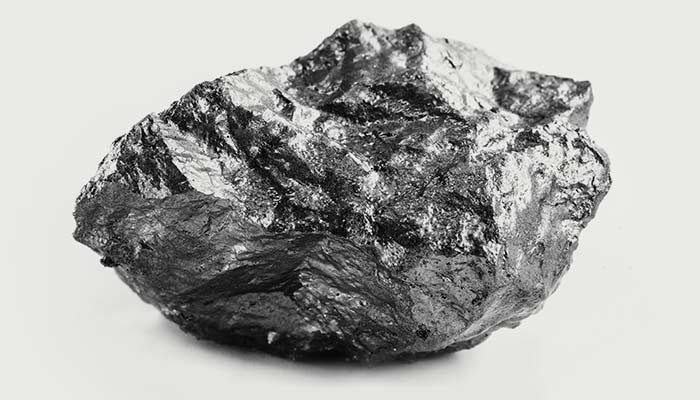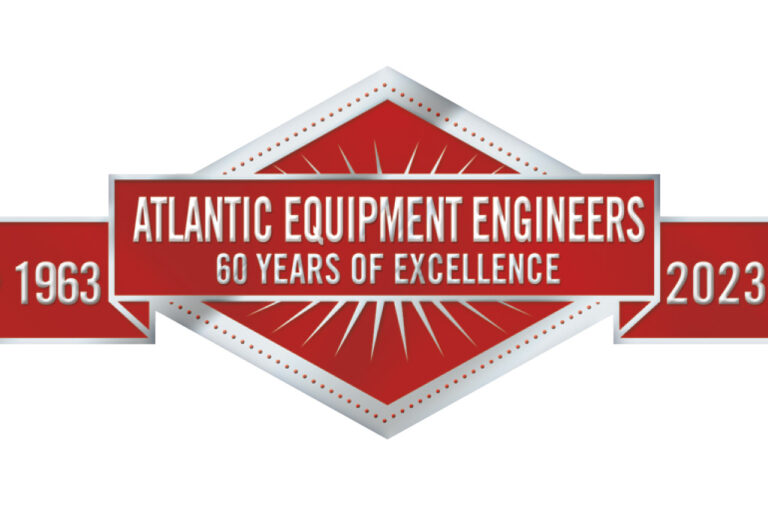Atlantic Equipment: A Dependable Silicon Powder Supplier

What is Silicon Powder?
Silicon powder is a silicon that has been reduced to a fine powder consistency. Silicon is a chemical element with the symbol Si and atomic number 14. It is a hard, brittle metalloid—which means that it has both the properties of metal and nonmetals.
What Are Typical Silicon Powder Uses?
Silicon powder can be used for several industrial and manufacturing applications, including:
Metallurgy
Silicon powder is a raw material for creating silicon alloys, which have a wide range of industrial applications, such as electrical components, semiconductors, and solar cells.
Powder Metallurgy
Silicon powder is used as a feedstock material in agriculture for creating complex parts with high strength-to-weight ratios, such as aerospace and biomedical components.
Refractories
Silicon powder is a raw material used in producing silicon carbide, used to make high-temperature refractory materials that can withstand extreme temperatures and chemical reactions.
Abrasives
Silicon powder is used as an abrasive, as it can be used to polish and grind hard surfaces.
Chemical Production
Silicon powder is used as a reducing agent in specific chemical reactions and as a raw material for producing silicones and silanes.
Ceramics
Silicon powder can be used to make ceramic products, such as pottery, bricks, and ceramics for electronic applications.
Pharmaceuticals and Cosmetics
Silicon powder is also used as an ingredient in some pharmaceuticals and cosmetics products to improve their properties.
Metal casting
Silicon powder can be used as a deoxidizer, degasser, and hardener in producing cast iron and steel.
Rubber & Silicone Production
Silicon powder can be used as a filler in rubber products and as a raw material in the production of silicones.
What We Offer
Atlantic Equipment Engineers has been a trusted supplier of high-purity metal powders for almost 60 years. We always prioritize quality and specialize in packing and shipping orders of any size. With AEE, you’ll always get high-purity silicon powder that meets all your specifications at a competitive price. We offer silicon powder in various forms, including a range of particle sizes, and now also in a spherical form. Atlantic Equipment Engineers guarantees fast shipping and attentive and knowledgeable customer service every step of the way.
Why Turn to Atlantic Equipment
As industry leaders, Atlantic Equipment Engineers is ready to tackle your high-purity silicon and silicon powder needs. Our commitment to excellent customer service is reflected in our industry certifications. We are proud to be an ISO 9002 certified company, certified to the 9001:2008 standard by DNV. We have experience serving a wide range of clients working in different market sectors and industries—we're here to help you meet your business goals.

Q: Where does silicon come from?
Silicon is a naturally occurring element found in many forms on Earth. The most common form of silicon is silicon dioxide, located in various rocks and minerals, such as quartz, granite, and sand.
Silicon can be extracted from silicon dioxide through a process called reduction. The most common silicon extraction method is reducing silicon dioxide with carbon in an electric furnace. This process produces silicon as a grayish-black powder, which is further purified to obtain high-purity silicon.
Silicon is also recovered from recycled materials, such as scrap metal and discarded electronics. This recycled silicon can make new products, such as solar cells, semiconductors, and other electronic components. Silicon can also be extracted from water by electrolysis in silicon hydride (SiH4), also known as silane. Silane is then further processed to produce pure silicon.
Q: Who produces silicon?
Several companies around the world produce silicon. The top silicon producers are countries such as China, Russia, Norway, and the United States. These countries have large deposits of silicon minerals and have the technology and infrastructure to extract and process silicon on a large scale. The global silicon market is quite competitive and continuously changing, with new technologies and players entering the market.
Atlantic Equipment Engineers is a leading manufacturer and distributor of silicon powder in various carefully controlled particle sizes.
Q: What is the difference between silicon vs. silica vs. silicone?
Silicon, silica, and silicone are three different materials that are often confused due to their similar names.
Silicon (Si) is a chemical element that is the second most abundant element in the Earth's crust, making up about 28% of its weight. It is a metalloid, which means it has properties of both metals and nonmetals. Silicon is used in various industrial applications, such as electronics, solar cells, and metallurgy.
Silica (SiO2) is a compound made up of silicon and oxygen. It is the most common silicon in the Earth's crust and is found in rocks and minerals such as quartz, granite, and sand. Silica is used in various industrial applications, such as glassmaking, ceramics, and metallurgy.
Silicone (a siloxane polymer) is a synthetic polymer of silicon, oxygen, carbon, and hydrogen. It is a rubber-like material known for its heat resistance, flexibility, and durability. Silicone is used in various industrial and consumer applications, such as sealants, lubricants, and medical implants.
In summary, silicon is a chemical element, silica is a compound made up of silicon and oxygen, and silicone is a synthetic polymer made up of silicon, oxygen, carbon, and hydrogen. They have different properties, uses, and chemical structures.
Q: What is silicon carbide powder?
Silicon carbide powder is a fine powder consisting of silicon and carbon atoms. It is a tough and robust material, with a Mohs hardness of 9.5, slightly less than diamond. It is also an excellent conductor of heat and electricity and is highly resistant to thermal shock and chemicals.
Silicon carbide powder can be used in a variety of industrial and manufacturing applications, such as:
Abrasives: Silicon carbide powder is used as an abrasive, as it can polish and grind hard surfaces.
Refractories: Silicon carbide powder is used as a raw material in producing refractory materials that withstand high temperatures and chemical reactions.
Ceramics: Silicon carbide powder is used to make ceramic products, such as pottery, bricks, and ceramics for electronic applications.
Metallurgy: Silicon carbide powder is used as a raw material for creating silicon carbide alloys, which have a wide range of industrial applications, such as high-temperature furnace linings and heat exchangers.
Chemical Production: Silicon carbide powder can be used as a catalyst in specific chemical reactions and as a raw material for producing silicon carbide ceramics.
Composites: Silicon carbide powder can be mixed with resin or other materials to create high-strength, stiffness, and thermal conductivity composites.
Silicon carbide powder can be produced by mixing silicon dioxide and carbon in an electric furnace. The resulting powder is then crushed and sieved to obtain the desired particle size.
Q: Where can I find the silicon powder MSDS?
Please see specific product pages to find documentation associated with those items. If you require further information, don't hesitate to get in touch with our expert team.
Q: How do you make high purity silicon powder?
High-purity silicon powder can be produced through chemical vapor deposition (CVD). CVD is a method of producing material in the form of a powder by reacting a gas mixture with a substrate material.
The basic process of producing high-purity silicon powder using CVD involves the following steps:
- Preparation of the Substrate: A substrate material, typically made of silicon or silicon dioxide, is prepared and cleaned to remove any impurities.
- Gas Mixture Preparation: A gas mixture of silicon-containing gases, such as silane (SiH4) or disilane (Si2H6), is prepared and purified to remove impurities.
- CVD Reaction: The gas mixture is introduced into a reactor chamber and heated to a high temperature. The silicon-containing gases react with the substrate material, producing silicon powder on the substrate surface.
- Powder Collection: The silicon powder is then collected from the substrate surface.
- Purification: The silicon powder is then purified to remove any impurities and to obtain high-purity silicon powder. The purification process can include sublimation, distillation, or recrystallization methods.
It's worth noting that this process is quite complex and requires a high level of control over the gas mixture's temperature, pressure, and composition to obtain high-purity silicon powder.
